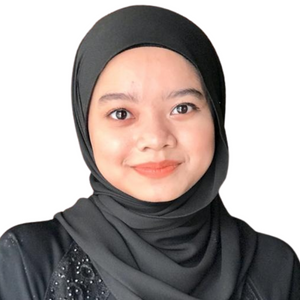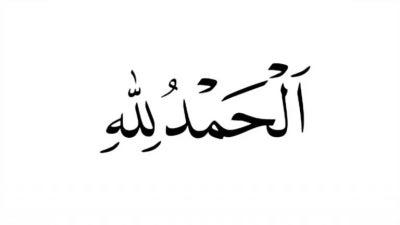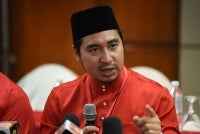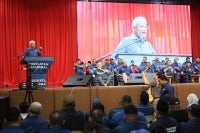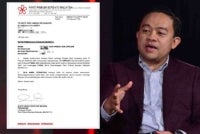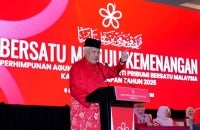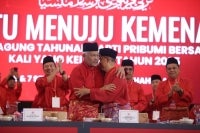Contrasting trajectories: Bangladesh's economic success amid political challenges

KUALA LUMPUR - While Bangladesh has made significant economic progress, its political landscape presents a different story.
This was revealed by Associate Professor Dr Thowidul Islam from the International Islamic University Chittagong during his talk titled "Development & Freedom in Bangladesh" at the 10th International Islam and Liberty Conference (ILN) held at the Concorde Hotel, Kuala Lumpur.
"The political dimension appears to tell a different story, with a decline in political freedom and increased restrictions on dissenting voices," he said.
He provided an example, explaining that Bangladesh's score in the Freedom of the State Index has decreased.
"The political rankings have experienced fluctuations, with the country's performance in the democracy index not being listed due to concerns about restrictive legislation, such as the digital security acts," Thowidul added.
However, following the victory of the Bangladesh Awami League on December 29, 2008, when Sheikh Hasina became the prime minister for the second time, Bangladesh has experienced significant economic advancement.
"For instance, the Gross Domestic Product (GDP) growth has increased from 6.5 per cent in 2005 to 6.9 per cent in 2021, showcasing remarkable consistency since 2011, except for disruptions caused by the Covid-19 pandemic.
"Foreign exchange reserves have surged from 5.7 million to an impressive 46.7 billion, demonstrating a robust economic foundation," he added.
Despite the challenges posed by the pandemic, Thowidul explained that Bangladesh's economic indicators now reflect optimism.
He noted that the debt-to-GDP ratio has shown improvement, plummeting from 48.9 per cent in 2007 to a mere 13.5 per cent in 2016, highlighting a commitment to fiscal responsibility and sound economic stewardship.
The ILN conference, in its second day, aims to provide a comprehensive understanding of religious, political, economic, peace, and prosperity matters in Muslim-majority countries.
The two-day conference, organised by the Islam and Liberty Network Foundation with the support of the Atlas Network, the Network for a Free Society, and Amanie Advisors, in collaboration with Emir Research and the Institute for Leadership and Development Studies (LEAD).
Download Sinar Daily application.Click Here!
